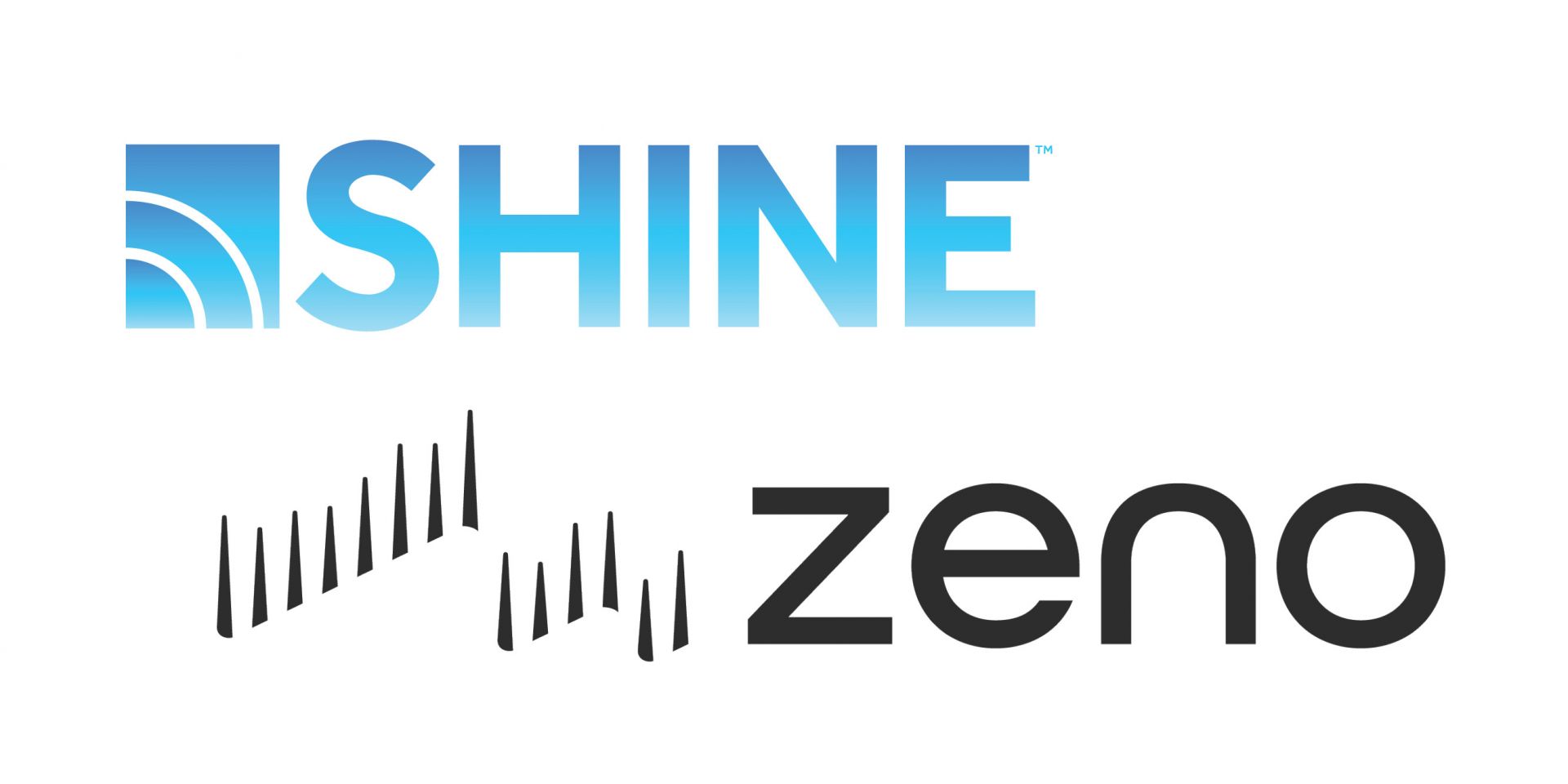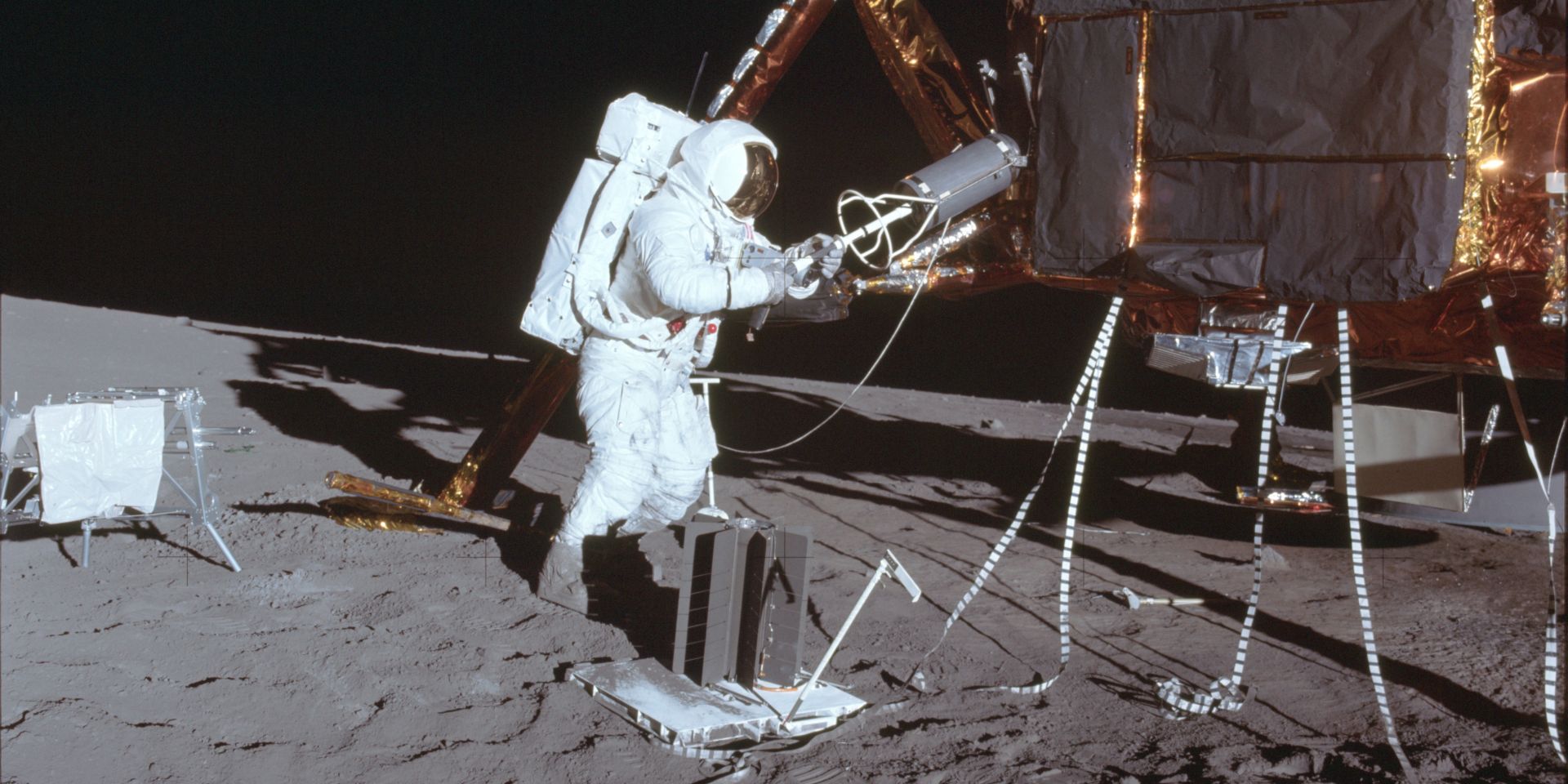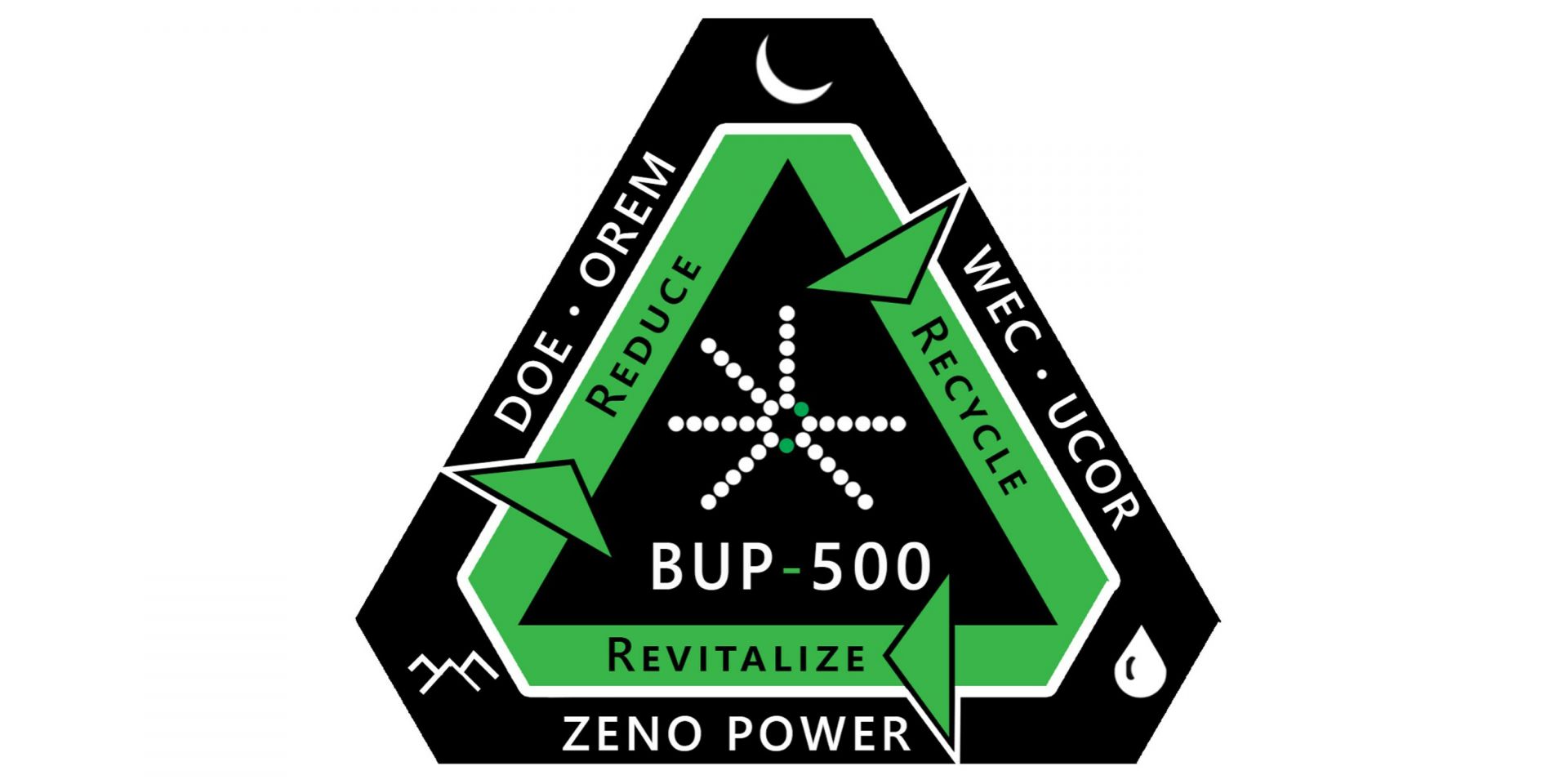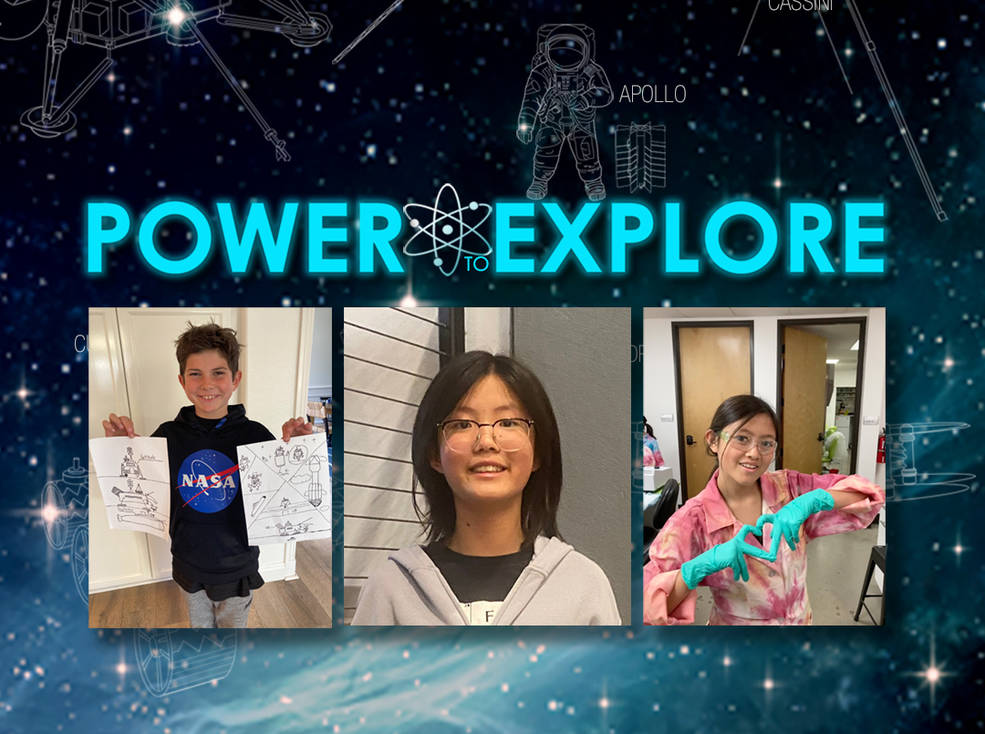April 26, 2024, 3:03PMNuclear NewsAlex Gilbert, Harsh S. Desai, and Jake Matthews Astronaut Alan Bean prepares fueling of a Pu-238 radioisotope thermoelectric generator during the Apollo 12 mission to the lunar surface. (Photo: NASA)
In early 2006, a start-up company launched a small rocket from a tiny island in the Pacific. It exploded, showering the island with debris. A year later, a second launch attempt sent a rocket to space but failed to make orbit, burning up in the atmosphere. Another year brought a third attempt—and a third failure. The following month, in September 2008, the company used the last of its funds to launch a fourth rocket. It reached orbit, making history as the first privately funded liquid-fueled rocket to do so.
Concept art showing Project Harmonia’s RSG for lunar surface missions. (Image: Zeno Power)
NASA has selected 11 companies, including Zeno Power, to develop technologies that could support long-term exploration on the moon and in space. The technologies range from lunar surface power systems to tools for in-space 3D printing, which will expand industry capabilities for a sustained human presence on the moon through the Artemis program, as well as other NASA, government, and commercial missions.
Rendering of a radioisotope-powered satellite. (Image: Zeno Power Systems)
Zeno Power Systems was awarded a $30 million contract to build a radioisotope-powered satellite for the U.S. Air Force by 2025. According to a SpaceNews article announcing the development and quoting company cofounder and chief executive officer Tyler Bernstein, the four-year contract is a “strategic funding increase” (STRATFI) agreement that provides $15 million in government funds, matched by $15 million from private investors.
The three winners of NASA’s Power to Explore Student Writing Challenge, are, left to right, Luca Pollack, Rainelle Yasa, and Audrielle Paige Esma. (Image: NASA/Kristin Jansen and Gayle Dibiasio)
Three winners have been announced in NASA’s Power to Explore Student Writing Challenge, in which U.S. students in kindergarten through 12th grade could participate by writing about imaginary space missions using radioisotope power systems (RPSs). Out of almost 1,600 submitted entries, 45 semifinalists, and nine finalists, Luca Pollack of Carlsbad, Calif. (in the K–4th grade category), Rainelle Yasa of Los Angeles, Calif. (in the grades 5–8 category), and Audrielle Paige Esma of Wildwood, Fl. (in the grades 9–12 category) snagged the top prize in their age groups. The April 25 announcement by NASA includes links to the winning essays.







